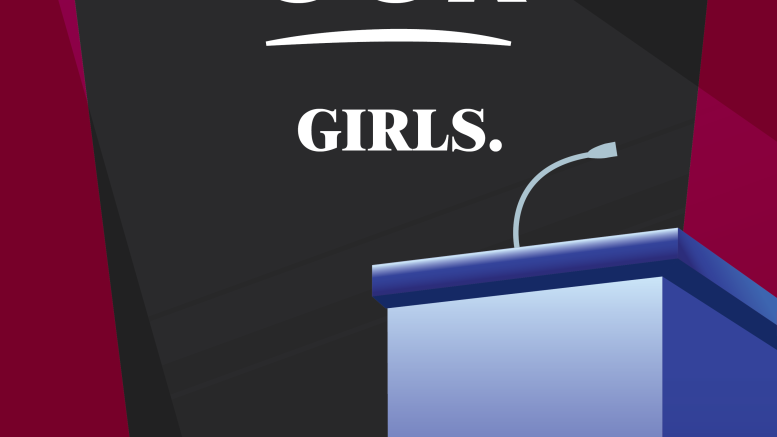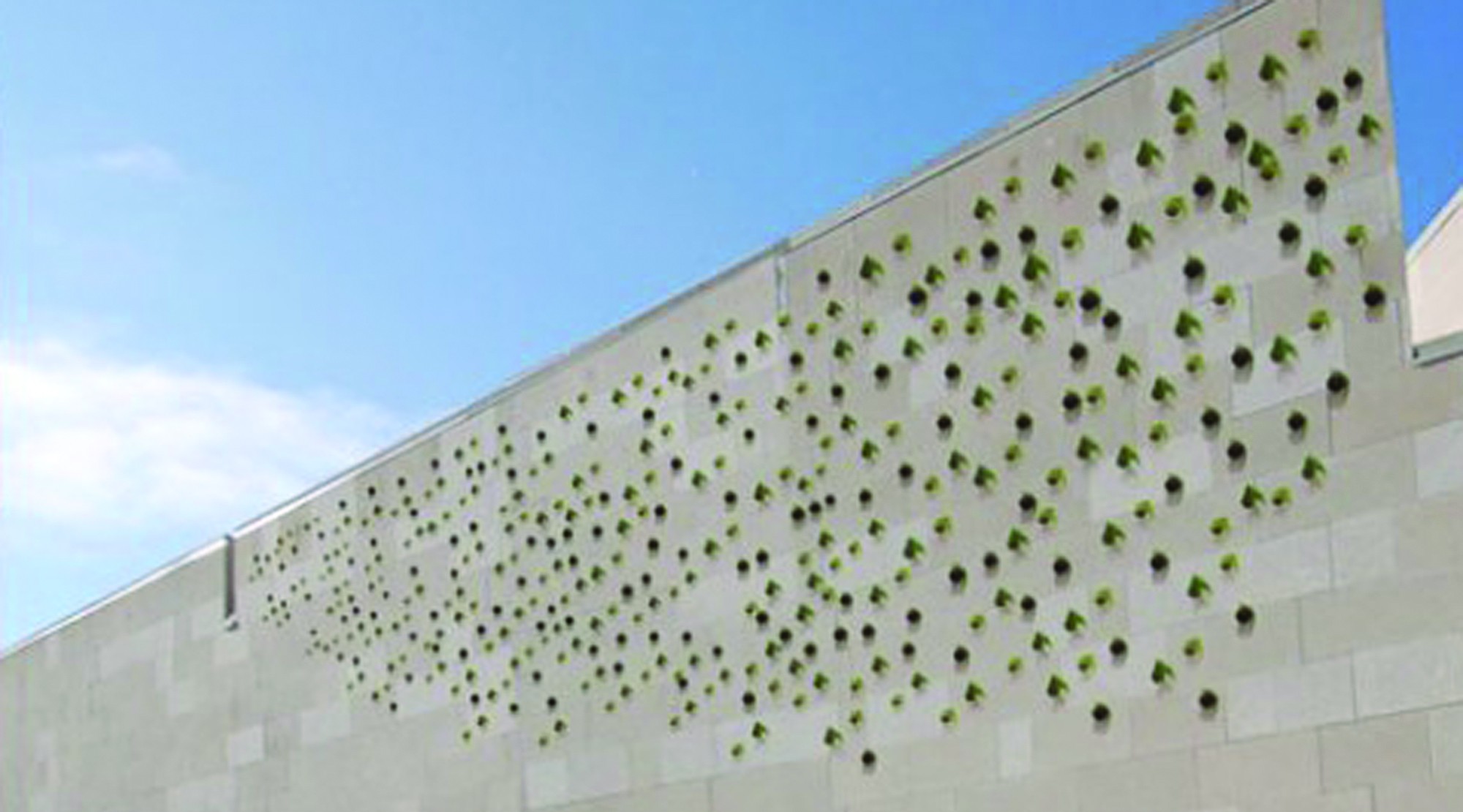Discussions about feminism in the context of Israel and Palestine are tied up with concepts like nationalism.
Hosted by the Canadian Museum for Human Rights (CMHR) in an event organized by the Jewish Child and Family Services (JCFS), Ayelet Razin Bet Or — the former Director of Israel’s Authority for the Advancement and Status of Women — addressed an in-person and online audience about Hamas attacks against southern Israel on Oct. 7, 2023. In a talk titled “Hear Our Voices,” she covered reports of sexual assault on Israeli women by the Hamas militia on that day.
The event’s purpose was to convey two key assertions: that people who do not believe the accounts of sexualized violence are antisemitic and exclude Jewish women from the #MeToo movement; and that Jewish women matter, here echoing the phrase popularized by the Black Lives Matter movement.
We do not disregard Israeli women’s testimonies about sexualized violence on Oct. 7. What we contend is that accounts about mass rape were compromised by spurious or false stories told at the same time, such as the reports of beheaded babies that were never confirmed true. Ultimately, this doesn’t platform Israeli women who experienced sexual assault.
Razin Bet Or herself raised the tall-tale of beheaded babies more than once, and referenced go-pro videos. Why mention this unproven story at all when survivors’ testimony could be emphasized?
Israel’s propaganda and misinformation surrounding the very real testimonies of rape overshadow the survivors’ testimonies themselves.
Another aspect of Razin Bet Or’s talk that troubles us is how it distorted feminism in what appeared to be a justification of the ongoing mass murder of Palestinians and levelling of Gaza since Oct. 7. Razin Bet Or remained resolutely silent about any Palestinians’ suffering, gender-based or otherwise.
Indeed, Razin Bet Or stated in her opening words, “on October 6, there was a ceasefire,” effectively erasing decades of violence wrought by the Israeli occupation. There is a striking illogicality in making the claim that Israeli and Jewish women are being silenced and disregarded while completely overlooking violence against Palestinians from such a prominent platform as the CMHR.
That Razin Bet Or used the word “gaslighting” in the context of this supposed silence is particularly ironic, given the operations of Israel’s global propaganda machine, the frightening Zionist suppression of dissent across university campuses.
In another ironic turn, men opened and closed the event at the CMHR, as if protectively circling their guest. Al Benarroch, executive director of JCFS, had the last word, and he stressed the importance of protecting “our girls” and “our women.” Rather than allow survivors’ stories to stand on their own, Benarroch referred to Israeli women with this possessive language. This is the grammar of patriarchal ownership, condescension and exclusion.
No connections were made between patriarchy and the obvious and correlated violence against Palestinian women and girls. Razin Bet Or’s talk never once mentioned the fact that the IDF uses sexual violence as a form of colonial control against Palestinians. Most of her slideshow of proof consisted of references to X (formerly known as Twitter) and to cartoons depicting Israeli women, as well as descriptions of what she referred to as the “barbaric” acts of Hamas.
Her presentation also relied on the absurd notion that Israelis are “abandoned by the international community,” a stunning claim in the light of the overwhelming ideological, financial and military support pouring into Israel from a number of Western states, including Canada.
The #MeToo movement was founded by Black activist Tarana Burke to raise awareness of the sexual abuse of Black women and girls. Its basis is to advocate for the most marginalized victims of sexualized and patriarchal violence.
The speakers at the “Hear Our Voices” event appropriated this rhetoric, repeating the slogan “me too, except if you’re a Jew.” The unacknowledged borrowing of phrases from Black-led and Black movements (#MeToo, Black Lives Matter) was glaring, highlighting that the event did not seek any sense of solidarity or community with or alongside other women’s movements.
We suggest instead that Israeli women who have experienced sexual assault are not being heard, not because feminists are ignoring them but because those women’s voices are being ventriloquized to shore up support for a genocidal government.
A truly feminist philosophy would not divide “us” from “them.” It would be critical of war altogether, demanding the end of violence and oppression, and asserting a common allegiance rooted in abolishing patriarchy, including and especially the dismantling of the military industrial complex.
Wanting clear answers in the light of Israel’s propaganda and violence does not equate with antisemitic feminism. Expecting sound evidence and testimony rather than cartoons and rumours does not mean that nobody believes Israeli women. It means that we know that truth is one of the first casualties of war, and the misinformation campaigns we are seeing comprise a particularly horrendous, one-sided siege.
Towards the end of her talk, Razin Bet Or exhorted us to “learn the facts from official government, Israeli government.” Such a statement asks us to ignore the long record of the Israeli government’s lies about the occupation of Palestine. This record of disinformation and violence is clearly documented and factchecked, and it reaches back decades before the current genocide.
Razin Bet Or reiterated her position as a feminist, a misnomer considering feminists do not base their politics in nationalism, but rather on liberating all from patriarchy. Nor do feminists exclude the voices of other women, in this case the Palestinian women who are — as we write this — enduring childbirth without care, caesarean sections without anaesthetic, menstruation without products and the murder and maiming of their children, hour after hour.
This, in fact, is the material silencing that the “Hear Our Voices” event enacted.
If our feminism is to be truly intersectional, we cannot view claims of rape in the context of patriarchy only.
Since the 15th century, European colonial powers have defined colonized people as bestial, primitive and unable to control their base desires. Israel’s imperial project has just found another ideological arm to exercise. And Israel is exploiting women and appropriating Black feminist and activist rhetoric in order to demonize and justify annihilating Palestinians.
Dr. Serenity Joo and Dr. Dana Medoro are professors of American literature and culture in the department of English, theatre, film & media at the University of Manitoba. This article was written in collaboration with the Manitoba chapter of Faculty 4 Palestine (F4PMB).




